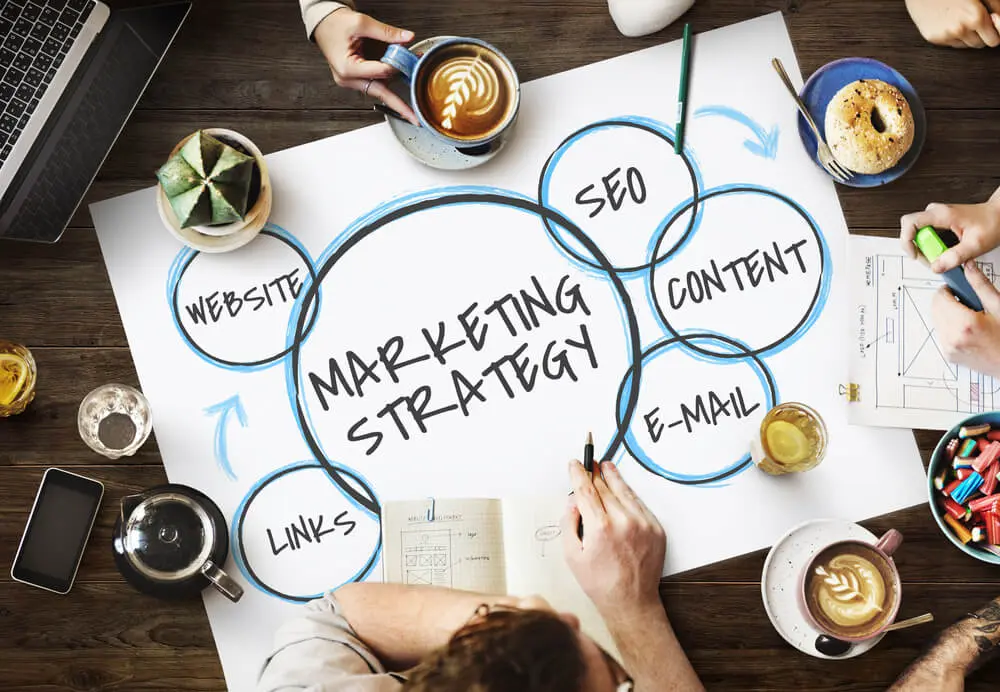Facebook Marketing: A Complete Guide
Facebook, with over 2.8 billion active users, is one of the most popular platforms for digital marketing. Whether you’re a small business or a large corporation, Facebook provides ample opportunities to engage with your audience, build brand awareness, and drive sales. However, like any marketing platform, Facebook marketing has its pros and cons.
1. Setting Up Facebook Marketing
Before diving into the positive and negative aspects, it’s crucial to understand the basics of Facebook marketing.
Key Components of Facebook Marketing:
- Facebook Page: A dedicated space for businesses to showcase their brand and engage with followers.
- Facebook Ads: Paid promotions that can be customized to target specific demographics.
- Facebook Groups: Community-driven spaces to foster engagement and discussions.
- Facebook Pixel: A tracking tool that allows businesses to measure the effectiveness of their ads.
- Content Creation: Posts, videos, stories, and interactive elements that drive user engagement.
2.
Facebook Marketing There are two primary ways to market on Facebook: organic marketing and paid marketing.
- Organic Marketing: This involves creating content for free and growing your community naturally through posts, stories, and enganmentExample Strategies:
-
- Regular posting of engaging content (images, videos, polls).
- Hosting live events or Q&A sessions.
- Sharing user-generated content.
- Building communities through Facebook Groups.
-
- Paid Marketing: This involves using Facebook Ads to reach a larger and more targeted audience.Example Strategies:
- Facebook Marketing Boosting posts to increase visibility.
- Running ad campaigns based on demographics like age, location, and interests.
- Retargeting users who previously visited your site or engaged with your content.
- Wide Audience Reach
- With billions of users worldwide, Facebook provides businesses with access to a vast and diverse audience, making it an excellent platform to grow brand awareness globally.
- Highly Targeted Advertising
- Facebook Ads allow businesses to pinpoint their audience based on detailed demographics, behaviors, and interests. This precise targeting ensures that marketing efforts are highly effective.
- Cost-Effective for Small Budgets
- Facebook Marketing Even with a small budget, Facebook allows businesses to run ads and get results. This makes it accessible to small businesses and startups.
- Detailed Analytics and Insights
- Facebook Marketing Facebook’s built-in analytics tools, such as Facebook Insights and Ads Manager, provide valuable data on audience behavior, ad performance, and overall engagement, allowing businesses to optimize their strategies.
- Multiple Ad Formats
- Facebook Marketing From image and video ads to carousel and story ads, businesses have various creative formats to engage their audience.
- Integration with Instagram
- Since Facebook owns Instagram, businesses can easily manage campaigns across both platforms from a single interface.
- Building Communities
- Facebook Groups allow businesses to create dedicated communities, fostering more personal and in-depth interactions with their audience.
- Mobile-Friendly
- With the majority of users accessing Facebook via mobile devices, the platform is optimized for mobile marketing, making it easier to reach users on the go.
Negative Aspects of Facebook Marketing
- Declining Organic Reach
- Facebook’s algorithm prioritizes personal interactions over business content. As a result, organic reach (without paying for ads) has significantly declined, making it difficult for businesses to reach a large audience without paid promotions.
- Ad Fatigue
- Users may experience “ad fatigue” from seeing too many ads, which can lead to them ignoring or even negatively reacting to your content, resulting in lower engagement rates.
- Increasing Costs
- While Facebook advertising can start with a small budget, the costs for competitive industries are rising, making it challenging for smaller businesses to compete against larger players with bigger budgets.
- Algorithm Complexity
- Facebook’s algorithm is constantly changing, making it difficult for businesses to stay on top of best practices for maximizing visibility and engagement.
- Privacy Concerns
- Due to ongoing concerns about data privacy and Facebook’s handling of personal information, some users are increasingly wary of ads. This can affect the trust and credibility of businesses using the platform.
- Ad Rejection
- Facebook has strict advertising guidelines, and ads that violate its policies can be rejected. This can be frustrating for businesses, especially if they don’t fully understand the rules.
- Competition
- With millions of businesses using Facebook for marketing, the platform is highly competitive. Standing out in a sea of content can be difficult, especially for smaller or newer businesses.
- Focus on High-Quality Content
- Invest time in creating visually appealing, engaging, and informative content that resonates with your target audience.
- Leverage Video Marketing
- Videos generate higher engagement than static posts. Use Facebook Live, Stories, and native videos to engage with your audience.
- Use Facebook Ads Strategically
- Don’t just run ads blindly. Experiment with different ad formats, targeting options, and retargeting strategies to maximize ROI.
- Engage with Your Audience
- Actively respond to comments, messages, and posts. Creating conversations and building relationships with your audience fosters brand loyalty.
- Monitor Analytics and Adjust
- Use Facebook Insights to regularly check your performance and tweak your strategies based on what’s working and what’s not.
- Stay Updated with Algorithm Changes
- Facebook’s algorithm constantly evolves. Staying up to date with changes ensures that your marketing strategy remains effective.
Conclusion
Facebook marketing provides businesses with a powerful tool to reach a global audience and grow their brand. While it offers extensive targeting options, cost-effective advertising, and various creative formats, it also presents challenges such as declining organic reach and rising ad costs. For businesses to succeed on Facebook, a combination of strategic paid campaigns, engaging content, and constant adaptation to platform changes is crucial.

























